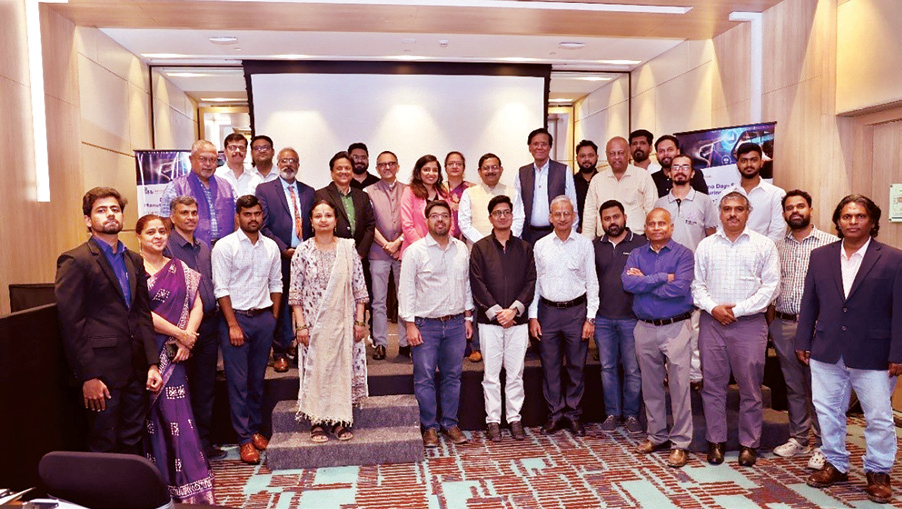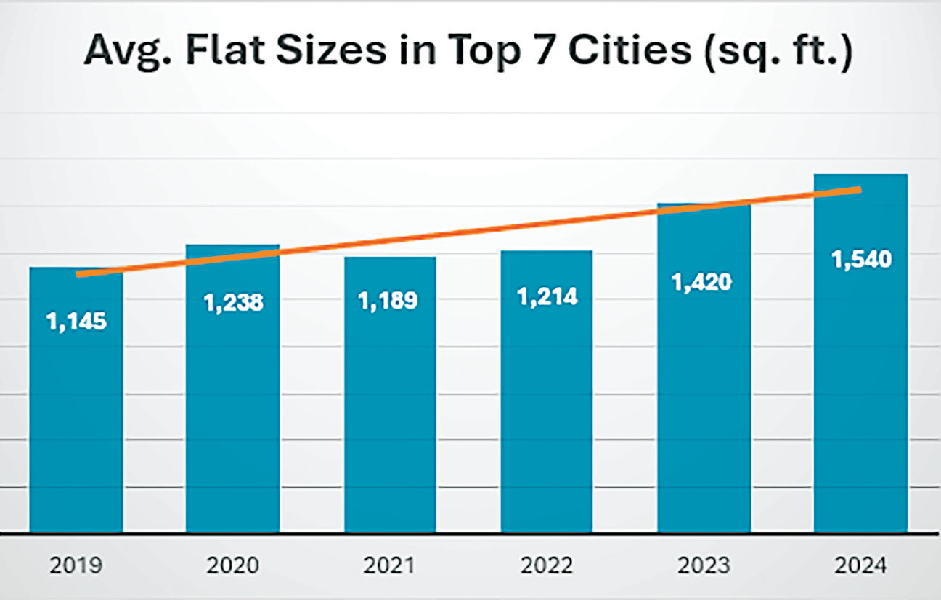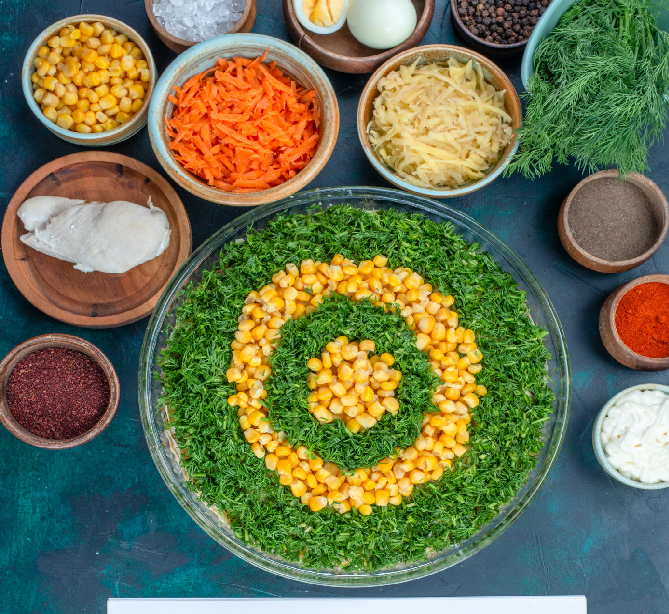
Pruning Pals
For many the pandemic has caused social circles to shrink. But they are not complaining as it has helped them to develop more fulfilling relationships.
Rachana Ramesh
Any traumatic experience — may it be a breakup, health scare, death in the family or financial crisis — has a way of destablising social networks. We instinctively gravitate toward those who offer comfort and support, while reflexively withdrawing from those who drain and drag us down.
The past year has forced a pause on the nature and strength of our social ties. While our traditions always encourage us to accumulate friends, both on and offline, the pandemic has put forth the distinction that remains clandestine – quantity and quality of the friendly connections. There are those who we long to see and those who cancel plans urging an involuntary sigh of relief within us. The full reckoning will become apparent only when we can once again safely gather and invitations are not further extended. For now, our social lives and social selves may never be the same.
“I had a friend who was quite toxic pre-pandemic, but I never could tell her. She was rather possessive and constantly gaslit me. I always gave her the benefit of doubt until the pandemic,” says Sumire, a college student. “My aunt had passed away during the first wave, and my ‘friend’ was not understanding of the situation. I had cut myself off from everyone, and she was upset at me for not talking to her. I was tired of the constant gaslighting and told her never to contact me again,” she adds. “The pandemic definitely opened my eyes -- I prefer having a close-knit group of friends who are empathetic and understanding. Being friends with people of the same wavelength is of utmost importance to me,” she concludes.
The pandemic has only accelerated a rude awakening. When every interpersonal interaction becomes a risk-benefit analysis, you discover pretty quickly how committed you and the other person are to the relationship. A lot of situational relationships — friends we’ve made through work or schools and sports teams — have fallen by the wayside. “Over the two years of the pandemic, I learnt that I could survive on my own, with minimal contact with the outer world. It felt liberating but at the same time there was a lot to comprehend, hence the pruning of friends,” says Riju.
Research by Robin Dunbar, an evolutionary psychologist, shows that human beings have the cognitive capacity to accommodate only four to six close friends. These are the people in the top tier of your social network, for whom you have the greatest affinity and affection, and who require daily or weekly interactions to maintain. Included in that group is typically your romantic partner and maybe a couple of family members.
“Nowadays, it’s difficult to keep up with everyone’s busy lives, even the ones I am really close with. I guess, we just grew out of our circle of friends to focus more on ourselves as an individual,” says Riju. Talking about about the differences there are in the conversations he now has with his unpruned friends, he says, “I don’t think conversations have changed a lot. But, yes before the pandemic we experienced the same things, went to the same place, so had more topics to talk about. Everyone looks for a deep and more fulfilling connection, we are humans after all.”
Lower in the hierarchy are friends in whom you invest progressively less of your attention, and therefore your ties become more tenuous. Without some degree of regular contact, these second- and thirdtier friends can fall into the realm of acquaintance. Given that we have limited time and emotional energy, social networks are a zerosum game. Add a friend, and another one inevitably drops in the ranking.
To be sure, there is a lot of churn in human social networks even in the best of times. Several studies show we replace as much as half of our social network every five to seven years. Little wonder when research also shows only half of our friendships are mutual. That is, only half of those who we think are our friends feel the same way about us. It just normally takes us a while to figure that out. “I think now our social lives have been mostly restricted to the virtual world. We try to keep up with our friends on social networking sites and that’s about it. Our meetup circles have reduced greatly and virtual person to person engagements increased,” notes Riju. At the end of the day, recognising that someone is important and reaching out are only the first steps one can take on their journey to gain back their long lost friends. Maintenance is where we generally fall down on the job when it comes to relationships and why so many people felt as if they were left without a chair
 English daily published in Bengaluru & Doha
English daily published in Bengaluru & Doha






